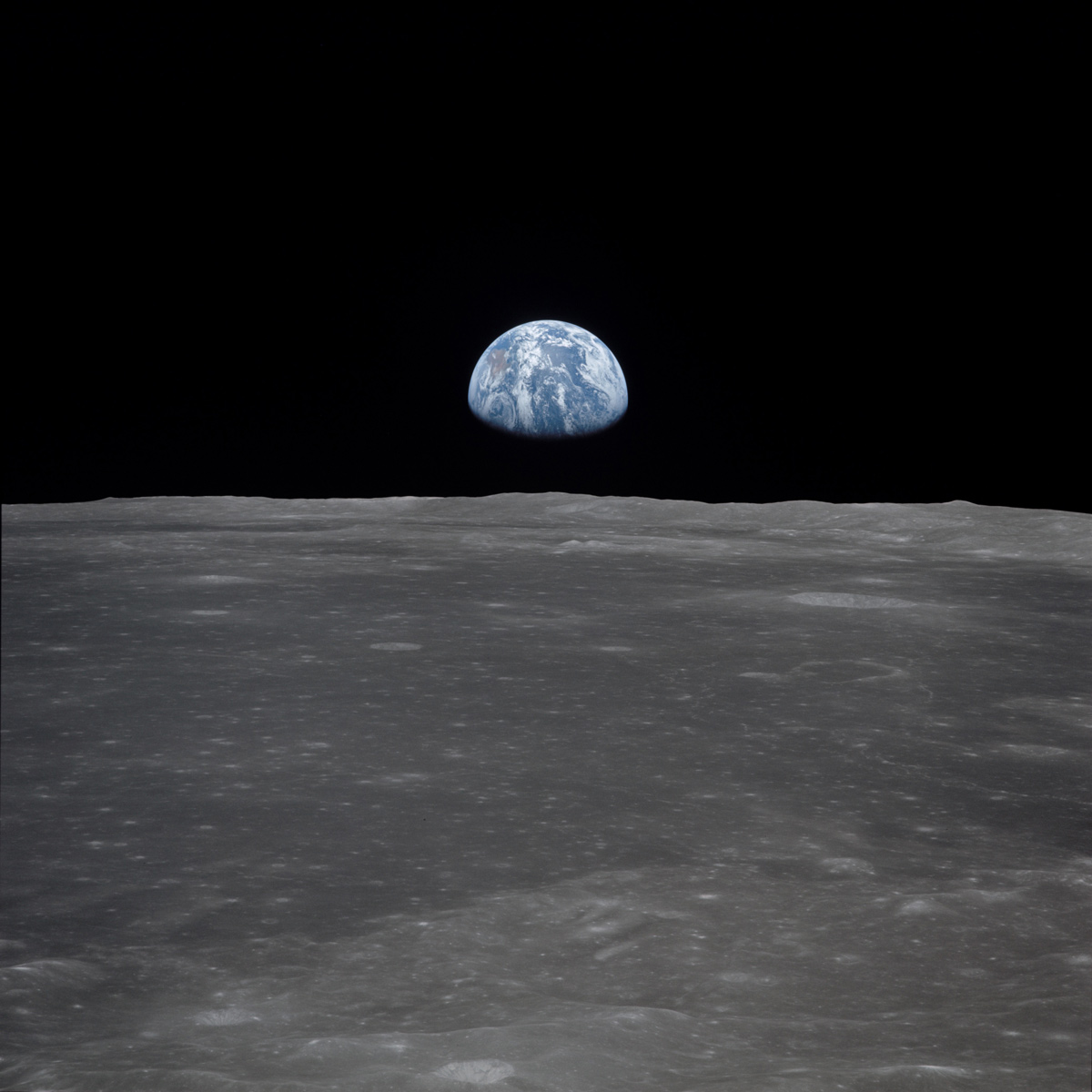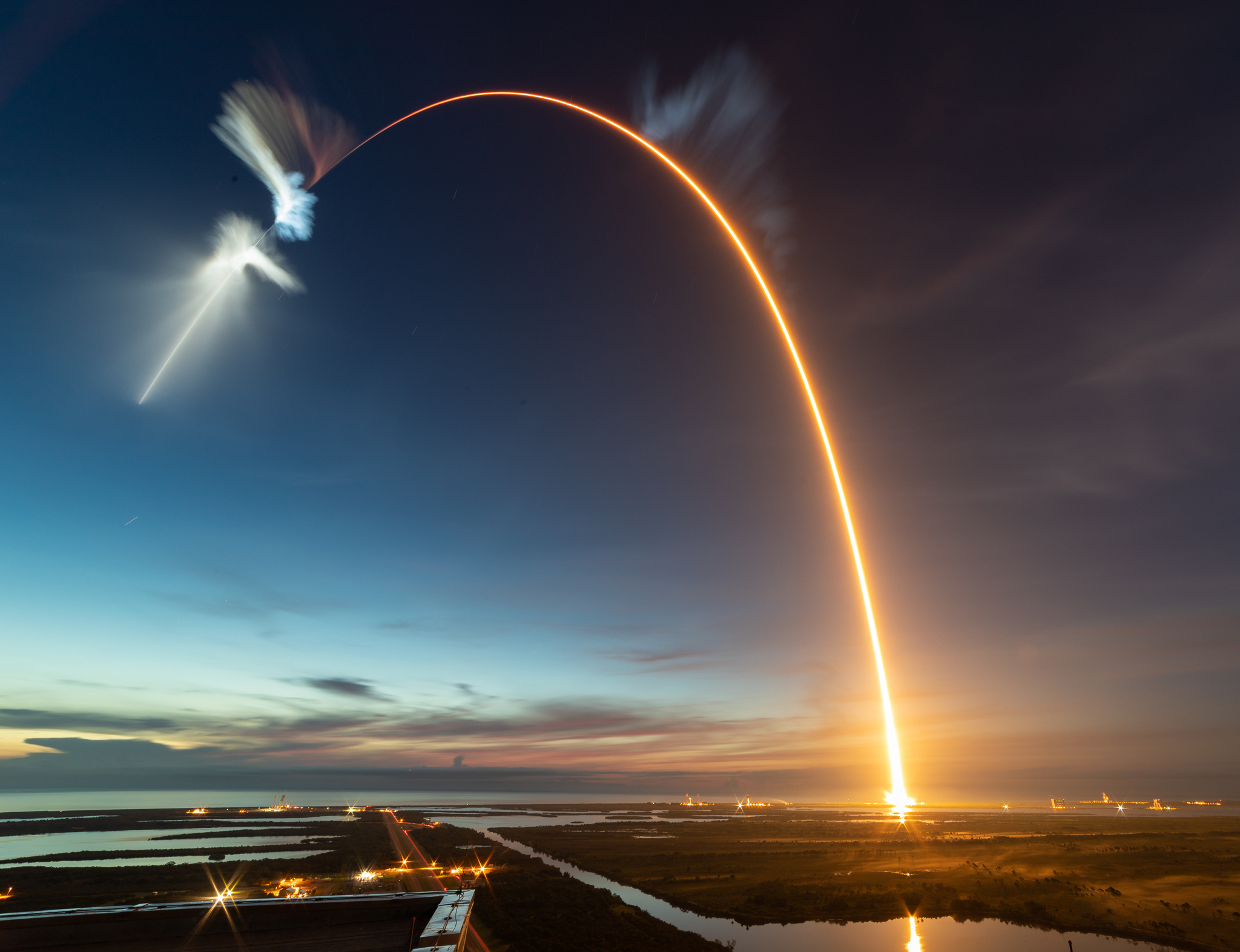Space Exploration is Beyond Reproach
A reflection on the launch of the Crew Dragon

Yesterday marked the first time in nine years that astronauts have taken off from US soil. It also marks the first time anyone has ridden a privately developed rocket into orbit. Americans are sending people to space again and they are doing so more efficiently than ever before!
Space is really cool. If you don’t think it’s cool then you haven’t thought about it enough. Don’t get me wrong, it’s an easy thing to forget about. Daylight hides all but two ethereal bodies. At night clouds, as often as not, obscure the stars. But don’t be lame! Astronomy is probably the oldest science - cave paintings prove that thousands of generations ago, homo sapiens were still looking up. You have no excuse not to do the same.
Looking into universe is an exercise in humility. The farther we look the smaller we become both in time and space. Galileo insisted that the heliocentric view of the solar system was true and when this was embraced, humanity grew smaller. When it was clear stars were actually suns of their own, humanity grew smaller. When the fuzzy blobs at the end of our optical telescopes materialized into galaxies, humanity grew smaller. When mounting evidence showed that the visible universe only makes up a small fraction of the stuff in a bubble stretching 13.8 billion light years in all directions, humanity grew smaller. When the first man on the moon looked back to blue and white ball set against the vast blackness of space, humanity grew smaller.

What do you see? I see scarcity. I see vulnerability at the scale of civilizations. Personally, I feel tiny and humbled. The irony is that our tentative advance in the solar system has involved our most ambitious, technical and collaborative, efforts as a human race. It has advanced engineering in every discipline. We should feel pretty pleased with ourselves. So how do we reconcile this paradox?
Consider an elaborate metaphor: Exploring space is like being on a small island in the middle of the sea. In order to see around us we can climb to the highest point on the island and peer in all directions. There is the horizon where our sight ends. What lies beyond horizon can only be answered by climbing higher. Now we build a platform and climb on top of that. We look out and see more dark water and we have more questions. We strengthen the foundation and build higher still.
This exercise does two things. The unimaginable vastness of the surrounding water is revealed. The Sisyphean goal of seeing everything unveils a deeper patter - a receding goal post in an expanding ocean. The accelerating number of answers is outpaced the faster acceleration of questions. In short, our ability to understand seems to grow at a slower rate than the newly unveiled complexity. At this moment in time, it looks like this trend will be continuing.
But a beautiful tower emerges from the island, illuminating a small patch of restless waves and surf with its light. As Carl Sagan said, ‘We are a way for the universe to know itself.’
The frontier of knowledge is no longer one of pure reflection as Plato once believed. It is in praxis, the application of our current understanding carry us to a place of greater understanding. Watching our return to space is incredibly exciting. There is both healthy competition and collaboration. Compared to the space race of the sixties, it may seem as though we are not building as high or as fast. But we are building a tower again and it shows promise of reaching even higher than the last time. Thank you NASA and SpaceX for the journey up!
